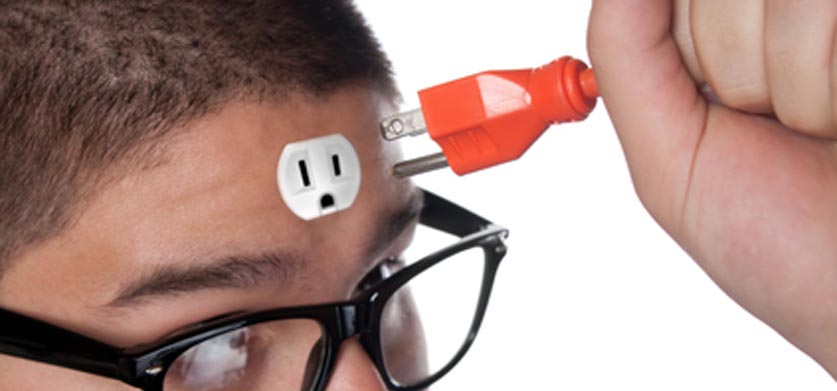I’ve seen more than 1 million PowerPoint slides and over 5,000 hours of presentations during the last 20 years. At least 90% have been terrible.
How can that be? Everyone I speak to seems to understand how important giving a good presentation is. I’m often told;
“Oh yes, it’s so important! People are judging you on how you present.”
“No point in making a boring one, it leaves such a bad impression.”
” I’ve sat in bad presentations myself and I know how annoying it is when the presenters doesn’t seem to care about the audience.”
And yet… 90% presentations are boring, badly planned by the presenter and leave a terrible impression. Why is that?
Centuries of knowledge
The first writing on public speaking was done in ancient times: Plato, Aristotle, Cicero were the originators and developers of rhetoric (and they heartily recommended putting things in threes…) In modern times, the first acclaimed book was by Dale Carnegie, nearly 100 years ago. Since then thousands of books on the subject have been published.
There is no lack of knowledge on the subject, or its importance. And yet…
Why most presentations are terrible
There are two major reasons for poor presentations: nerves, and not paying enough attention to the audience.
Let’s take nerves first. No matter what theory or knowledge there is, finally there is only one person who has to get up and do it. That person is you, and when you step on stage, or to the front of the meeting room, a piece of your brain disconnects (see more on this here.)
Nothing prepares you for this. Everyone experiences fear or exhilaration to different degrees when in front of an audience, and we all react in different ways. Most presenters are not prepared, and have no tools for managing the instinctive adrenaline shot that takes you over.
And what’s the very best way to overcome nerves? The second reason for poor presentations holds the key.
Make your audience king
A deep consideration of your audience will transform any pitch from average to excellent. Even before you put a word down of the story you want to tell, spend time analysing and defining who your audience is, and what they need to get from your presentation.
Knowing your audience is such a key part of preparation and will give you a head-start on 90% of presenters. Simply tailoring your language and content to match their needs – not just yours – will get the audience on your side…
…And that in itself will feed you confidence.





